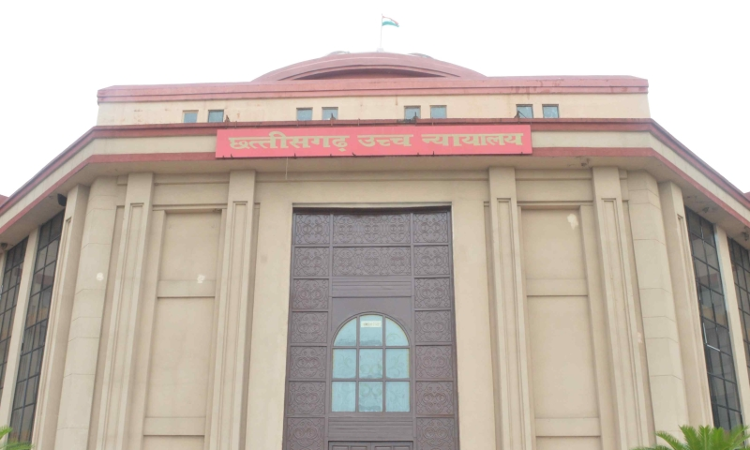Person Aggrieved With Refusal Of SHO To Register FIR Required To Move ‘Separate’ Application U/S 154(3) CrPC: Chhattisgarh HC
Sparsh Upadhyay
3 Feb 2023 5:43 PM IST

Next Story
3 Feb 2023 5:43 PM IST
The Chhattisgarh High Court has recently observed that a person, who is aggrieved with the refusal on the part of an officer in charge of a police station to register an FIR, is required to move a separate and independent application under Section 154 (3) Crpc before the Superintendent of police. “…merely endorsing a copy of the application under Section 154(1) of the CrPC to...
